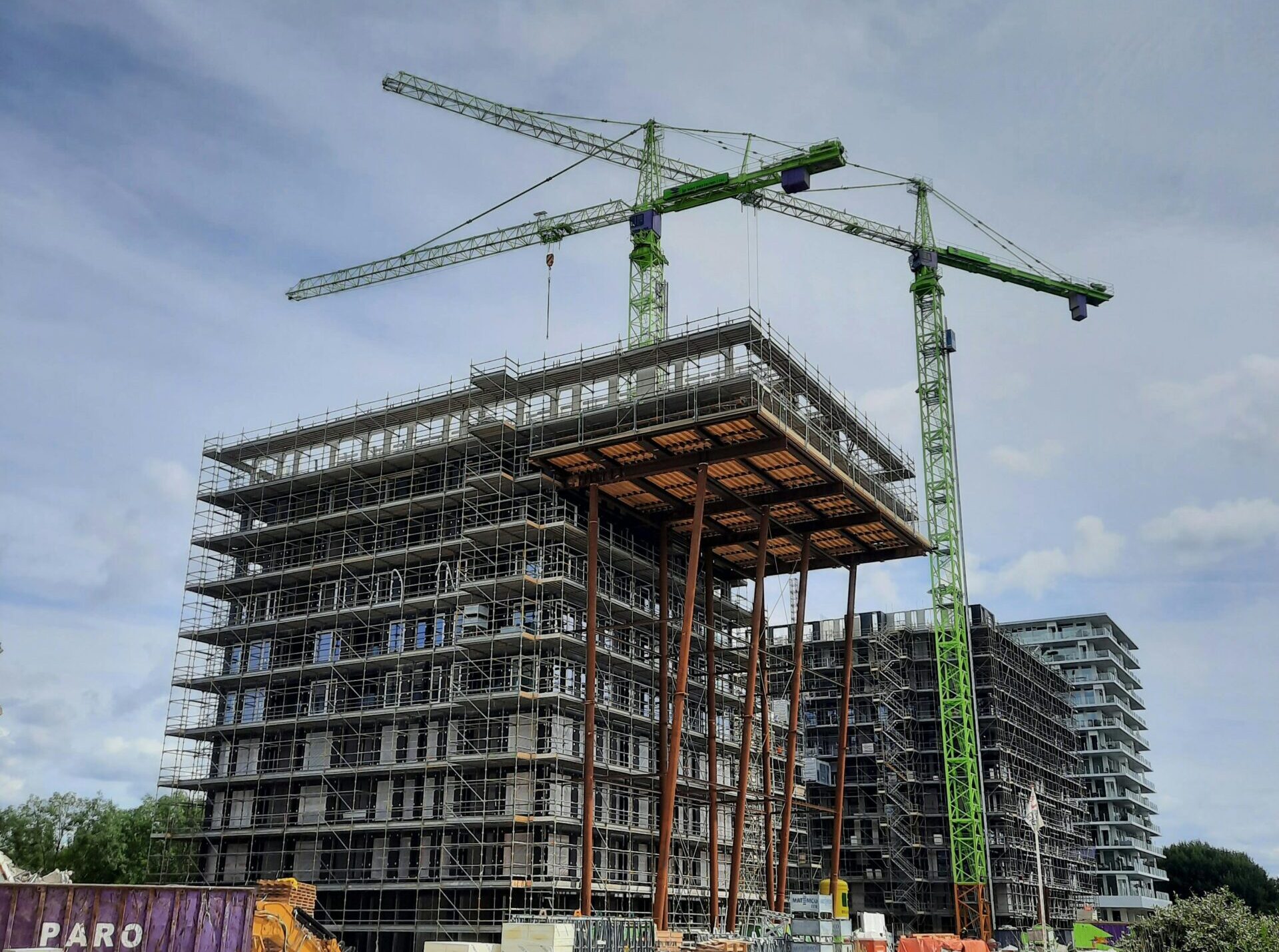In February 2025, the total value of building permits issued across Canada increased by 2.9%, reaching $13.1 billion. This represents a $371.3 million rise from the previous month, driven by strong performance in the non-residential construction sector, particularly in British Columbia.
Canada’s non-residential sector saw a significant boost in February, with permits rising by 15.3% to $4.7 billion. This came after a few months of decline. British Columbia played a major role in this growth, contributing $657.7 million to the increase, especially in the commercial and institutional sectors. Vancouver’s booming projects were a key factor in this positive outcome.
The non-residential growth was spread across the commercial (+$481.8 million), industrial (+$86.2 million), and institutional (+$50.7 million) sectors. The industrial sector showed signs of recovery after a period of decline since September 2024.
On the other hand, the residential construction sector saw a decline of 2.9%, with the value of building permits dropping to $8.4 billion. Most of this drop came from the multi-family housing sector, which fell by $224.8 million. Single-family homes also saw a smaller drop of $22.6 million.
British Columbia’s multi-family sector was the primary contributor to the decline, with a $185.5 million drop, mostly in the Vancouver area. Quebec and New Brunswick also saw reductions, though Ontario’s residential sector helped soften the national decline, with an increase of $110.2 million in single-family permits.
The decline in residential permits highlighted some regional differences. While Vancouver faced challenges in multi-family housing, Ontario remained relatively stable. Across Canada, 21,000 multi-family units and 4,800 single-family homes were authorized in February, marking a 7.1% decrease in multi-family housing compared to the previous month.

